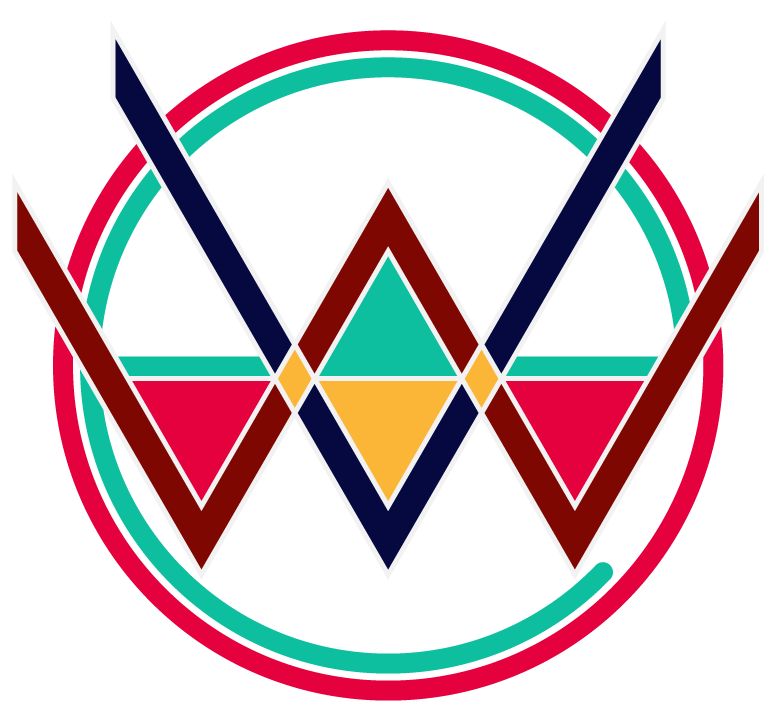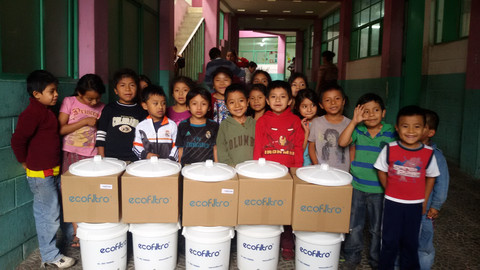By Stephanie Gater
JUSTA’s Chacaya Program Coordinator
The community of Chacaya lives on the shores of Lake Atitlan, an enchanting and exceptionally beautiful body of water. Their livelihoods are interlaced with the lake – from transportation (my colleagues rowing their kayaks to and from work every day, whatever the weather conditions), fishing, food and tourism. Sadly, as each day creeps into the next, the lake is becoming increasingly contaminated, and causing repeated illnesses among many.

Chacaya is one of the sites for JUSTA’s Comida Vida program. Following Comida Vida’s mission of inspiring healthy living education, creativity, initiative and self worth, we coordinated a clean water workshop with the water filtration organization ECO-FILTRO for Chacaya Middle School. By increasing awareness of our interconnectedness with nature in this youthful generation, we hope to facilitate the development of mindful choices preserving the health of our precious resources and ourselves.
We commenced the afternoon discussing “Que es contaminación de agua?” where the students shared their current conceptions of the health of their lake.

They learned about the cleanliness of the waters they can see from their schoolyard. Students reflected on their daily activities of living and how they affect the condition of the lake. They connected common habits to contamination as the students imagined how rainwater washes rubbish from the streets into the lake.
Next, we moved into the negative impacts of consuming contaminated water, by discussing symptoms of various illnesses related to unclean drinking water and asking them to reflect on times they have been ill themselves. The students were asked to form groups and create posters depicting sick and healthy children. This opened the classroom up for a bigger discussion on the longer-term impacts of consuming contaminated water. Our great facilitator, Rosa from Eco-Flitro, explained that when we drink contaminated water we are often sick and cannot attend school, highlighting both the educational and therefore economic impacts for families and society at large.

The worksho gave the students tools and information on how to stop contaminating water, and how to increase awareness of the ways in which they are consuming this water. They answered questions regarding habits in their own household. The exercises were a tangible lesson in applying key healthy messages to their own lives.
Finally, Rosa made an exciting announcement that ECO-FILTRO would be donating an eco-filter for each classroom. An incredibly generous and welcomed gift, as the school was without a source of clean drinking water!

I always walk away from such afternoons feeling recharged and buoyant with optimism. It’s my hope through our various teachings on nutrition, gardening, clean water and yoga that we have started to infuse ideas on the importance of nature and how we are inextricably linked.

With climate change becoming a glaringly major issue, it seems that developing a deeper self-awareness of our relationship with nature, through the onset of early education, is necessary to foster a sustainable environment and a healthier planet. Our health depends on it. Teaching children we are not external to our environment but in fact a living part of it illuminates how everything that occurs within nature does indeed closely affect us.

